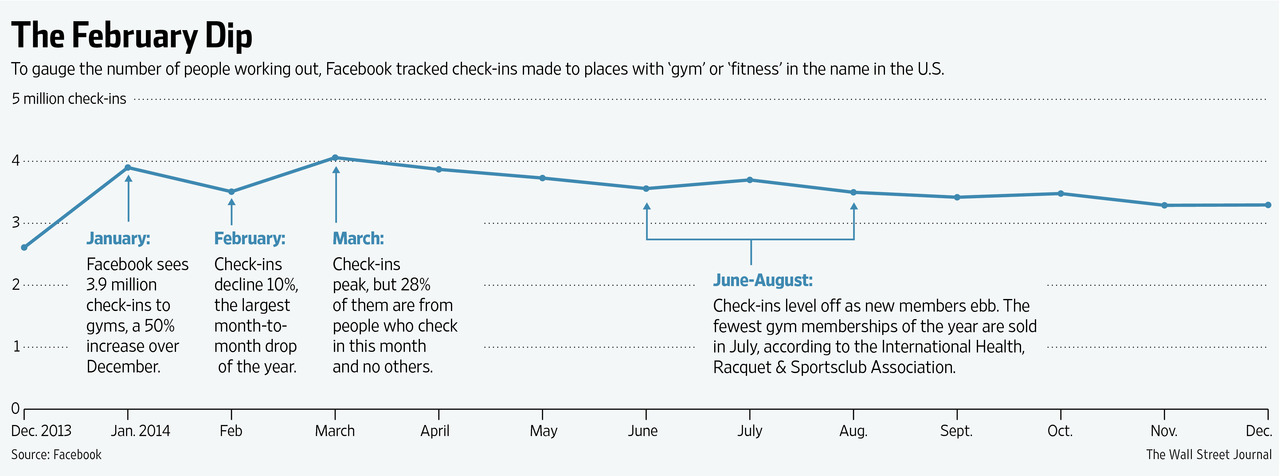A few months ago, I introduced you to the work of Richard Millington and his consulting company FeverBee.
Richard’s focus is helping large organizations develop, grow, and sustain online communities. It’s difficult work because, as he frequently points out:
Most online communities aren’t. They’re online but they’re not communities. They’re a group of people looking to extract instant gratification from a collective resource. They want immediate help or immediate resources.
Since most of you don’t manage communities, this information doesn’t apply to you. Right?
Not so fast. Reread Richard’s description.
I would argue that many real estate organizations (offices, teams, companies) operate more like communities than tightly managed business units. While this reality has its advantages, it also has its own set of challenges.
Here’s the good news: These challenges can be turned into a recruiting competitive edge by a knowledgeable hiring manager.












